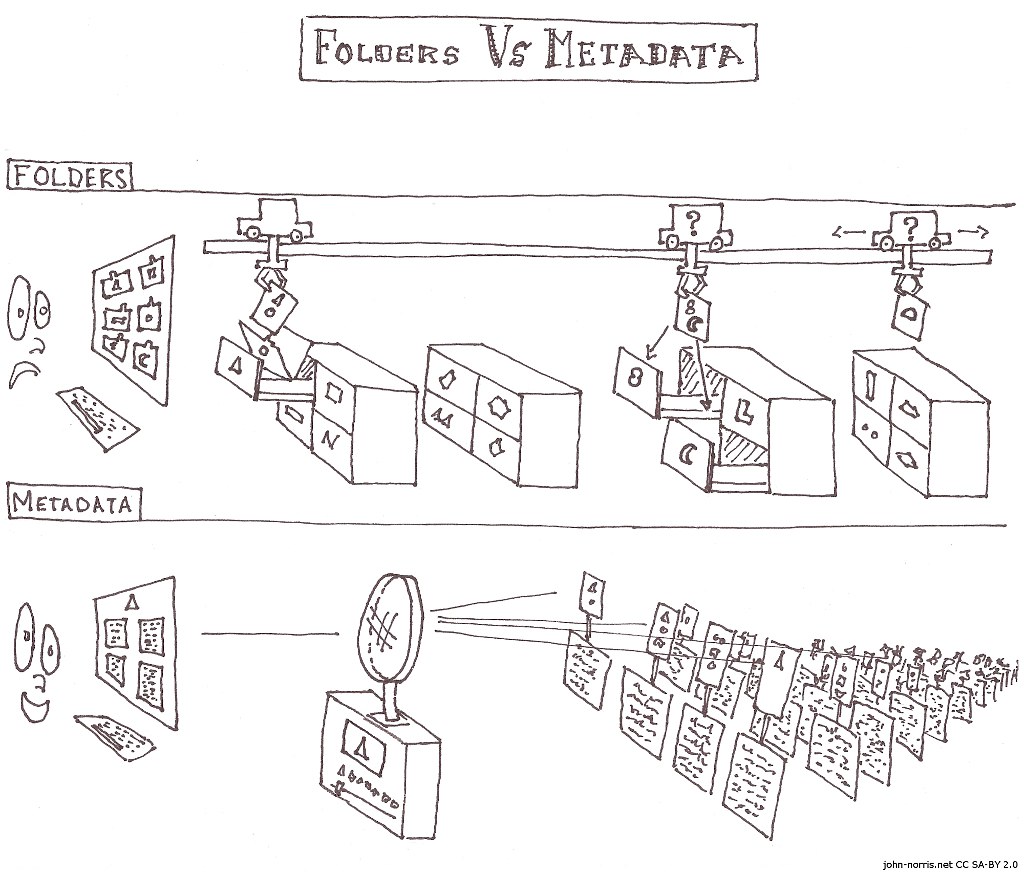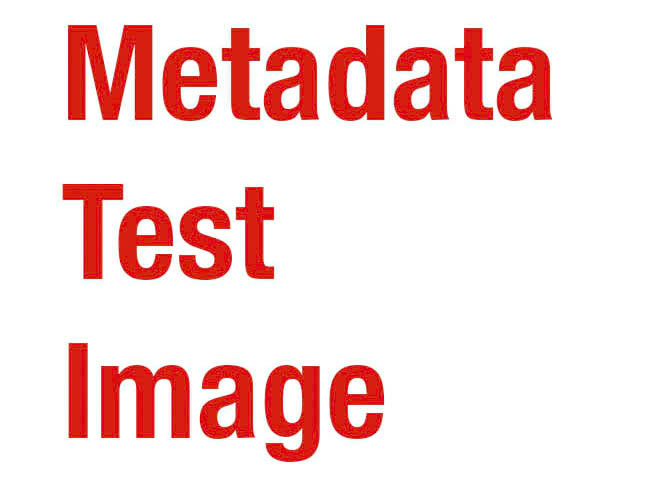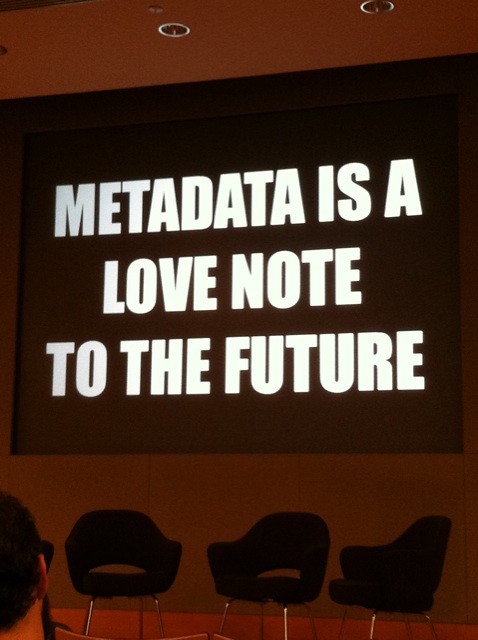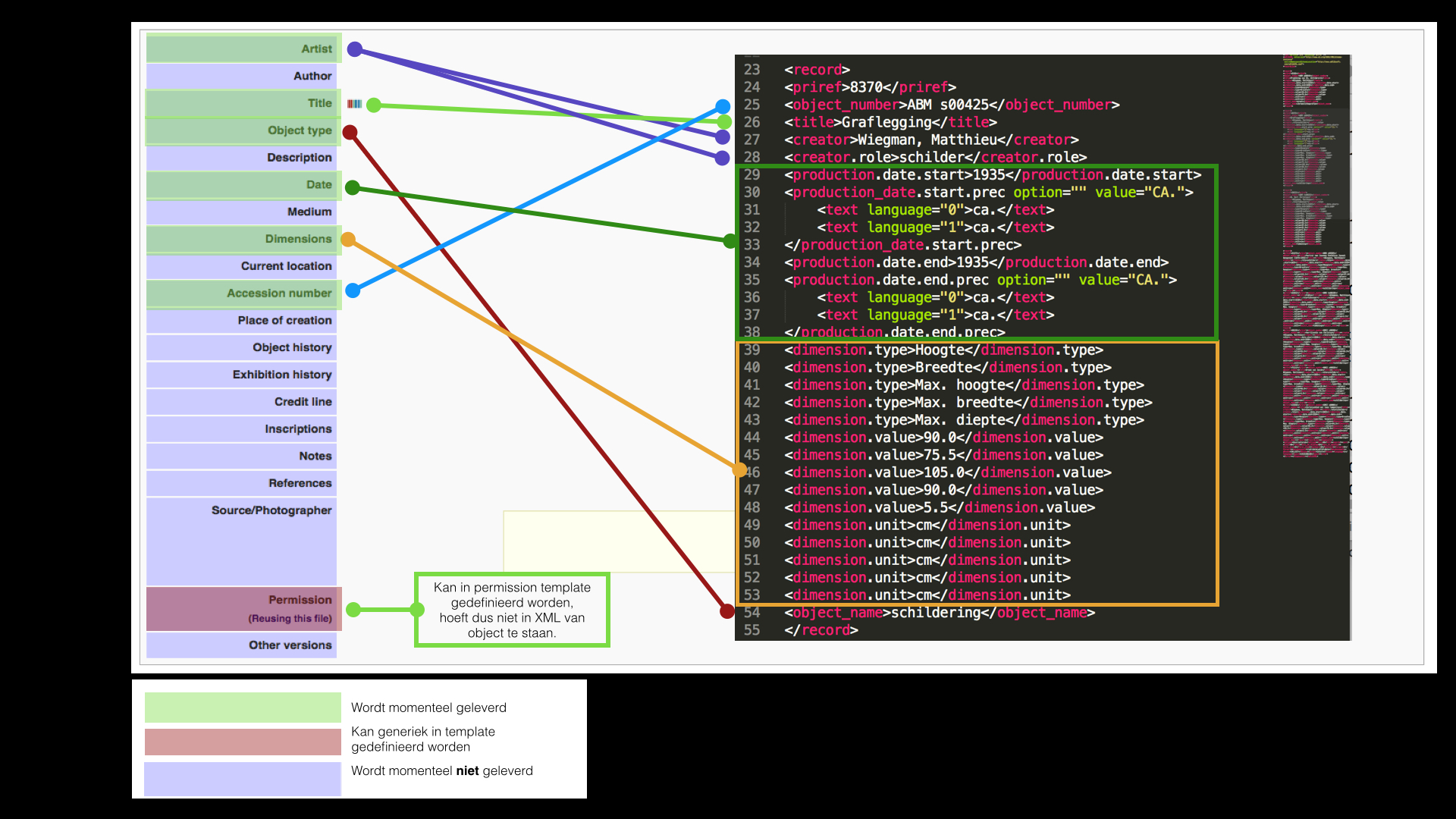As technology and its related services have grown increasingly sophisticated, the distribution of music no longer relies on one store or application. It’s now available through a variety of platforms and services, and the pieces that make this possible are mostly invisible. Metadata is one of these pieces, but it’s far from invisible – it plays a critical role in enabling music to be found and enjoyed worldwide.
1. What is Metadata and How Does It Help Music Distribution?
Metadata refers to the data related to a music track or album. This includes important information about the artist, the track title, the release date, the genre, the album or track credits, the copyright details, the lyrics, and other data related to the track.
- Metadata helps promote the music and provides important information about the track for listeners. It ensures that all the required information about the track is clear and up-to-date.
- It aids in the promotion of a song or album, as it gives potential fans all the details about the music and the artist.
- It also helps with music distribution, as it assists in getting the music to platforms like online radio and streaming services. Once the metadata is submitted, it can be read by these services and organized according to genre, artist/label name, and more. This allows these services to offer the music to a wider audience, bringing greater exposure to the artist.
Finally, metadata ensures that the identity and copyright of a track are protected. Music owners can add an ISRC or other digital tags to a track, and thanks to the metadata, they can easily monitor how the track is being used online. This makes it easier to track if the track is being shared or streamed from unauthorized accounts.
2. Exploring Metadata’s Potential for Music Labels and Artists
Metadata is a powerful tool when it comes to the world of music production and distribution. From records to streaming platforms, metadata allows for improved user engagement and easier access to content. Music labels and artists can leverage metadata to promote their music, drive visibility and increase revenue.
By metadata can tailor promotional emails to specific users, build a better understanding of their audiences, and reach out to relevant influencers. By adding relevant keywords and genres, they can achieve better placement and visibility on streaming platforms, meaning more listeners and potential customers. Additionally, metadata can help streamline the distribution process, boosting overall efficiency and allowing labels and artists to quickly respond to changes in the industry.
- Metadata can be used to tailor promotional emails.
- Adding relevant keywords and genres can improve visibility on streaming platforms.
- Metadata can help streamline the distribution process.

3. Understanding the Benefits of Metadata for Music Consumers
Metadata for music is a key asset for music consumers. It is used to identify songs, organize music libraries, and search for music related information. Understanding metadata for music can help consumers improve their online music experience, as well as better manage, promote, and protect their music.
- Metadata helps consumers quickly find specific content
- It can inform users of related content such as new tracks, updated albums, and related artists
- It allows consumers to discover new music by browsing related tags
- Metadata can be used to keep track of music libraries and organize music collections
- It helps consumers find exciting new music, and also keep up with the releases of their favorite artists
Metadata for music can also be used for marketing and promotional purposes. It can be used to find out where fans are from so that artists can better target their audience. Additionally, it can be used to track streaming and downloads of a music artist’s songs, allowing for better promotion and increased revenue. Furthermore, metadata helps to protect artists from unauthorized use of their music, as it can help them track where and how their music is being used.
4. Strategies for Leveraging Metadata in Music Distribution
Metadata is a powerful tool for music distribution. By leveraging its properties, an artist or label can gain an edge, gaining much needed exposure to the public. The following are some tips for making the most out of metadata for music distribution:
- Ensure accuracy and completeness – Make sure the artist name, song title, label, and other necessary information are correctly listed in the metadata. The more accurate the metadata is, the more likely it is to be picked up by streaming services.
- Add keywords – Adding additional keywords to the metadata can also increase the likelihood of appearing on various streaming services, as well as being discovered by fans.
- Leverage multiple sources – Music can be distributed through multiple stores, platforms, and applications, so make sure the metadata is available in each source.
- Create compelling content – Metadata for music distribution should also contain creative, attention-grabbing content that will make people interested in the song or artist.
By using metadata strategically, an artist or label can increase their reach and attract potential fans. Utilizing metadata in this way can be a powerful tool for achieving success in music distribution.
Metadata is a powerful tool in music distribution and understanding its importance can’t be overstated. It provides valuable and necessary information to music services, and provides music consumers the tools they need. With a working knowledge of metadata, music creators are better equipped to unlock their musical potential and get the most out of their music’s distribution.

